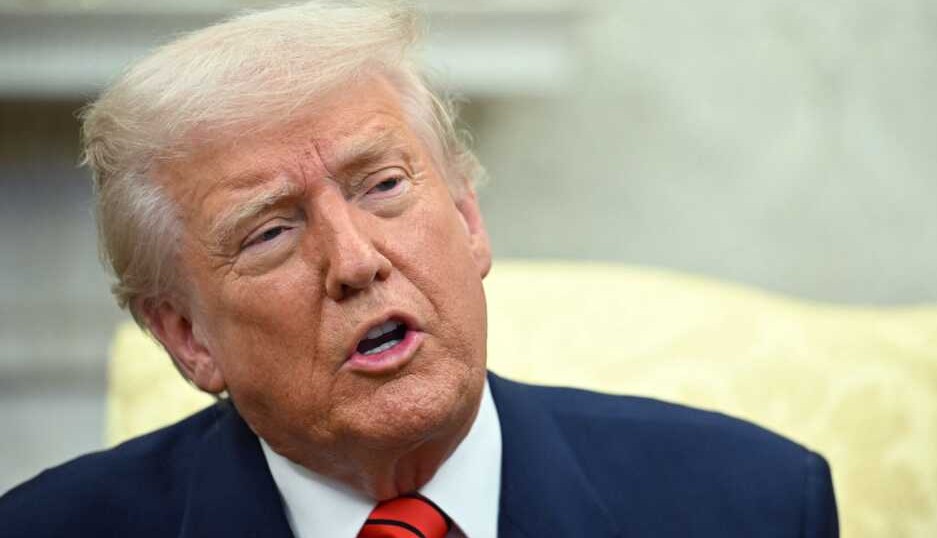
South Sudan is among 36 countries that could face a full or partial travel ban under a new policy consideration by the Trump administration, according to an internal State Department cable obtained by Reuters.
The move comes after President Donald Trump recently signed a proclamation banning entry for nationals of 12 countries, citing the need to protect the U.S. from “foreign terrorists” and other security risks.
This policy forms part of a broader immigration crackdown implemented during Trump’s second term, which has included deporting hundreds of Venezuelans to El Salvador over suspected gang ties and placing tighter controls on the enrollment of international students at U.S. universities.
The internal cable, signed by Secretary of State Marco Rubio, outlined numerous areas of concern and called for corrective action.
“The Department has identified 36 countries of concern that may be recommended for full or partial suspension of entry if they do not meet established benchmarks and requirements within 60 days,” the weekend cable stated.
Some of the key issues cited were poor government cooperation in providing reliable identification documents, weak passport controls, unwillingness to repatriate their nationals who have been removed from the USA, and high visa overstay rates.
Additionally, there were concerns about terrorism, antisemitism, and other anti-American activity , although not all issues applied to all the listed countries.
“We are constantly reevaluating policies to keep Americans safe and to make sure that foreign nationals follow our laws,” a senior State Department official said, speaking on condition of anonymity.
“The Department of State is committed to protecting our nation and its citizens by upholding the highest standards of national security and public safety through our visa process.”
Some of the countries that may face full or partial bans if their issues are not addressed within 60 days include Angola, Antigua and Barbuda, Benin, Bhutan, Burkina Faso, Cabo Verde, Cambodia, Cameroon, Côte d’Ivoire, Democratic Republic of the Congo, Djibouti, Dominica, Ethiopia, Egypt, Gabon, The Gambia, Ghana, Kyrgyzstan, Liberia, Malawi, Mauritania, Niger, Nigeria, Saint Kitts and Nevis, Saint Lucia, São Tomé and Principe, Senegal, South Sudan, Syria, Tanzania, Tonga, Tuvalu, Uganda, Vanuatu, Zambia, and Zimbabwe.
This expansion would add to this month’s ban affecting Afghanistan, Iran, Libya, and eight other countries. Partial bans already apply to seven additional nations, including Cuba and Venezuela.
President Trump first introduced a travel ban in 2017 against seven predominantly Muslim countries. After multiple revisions, the policy was upheld by the Supreme Court in 2018.

